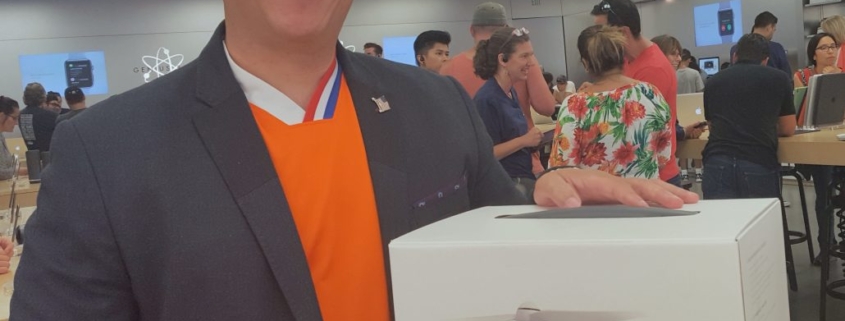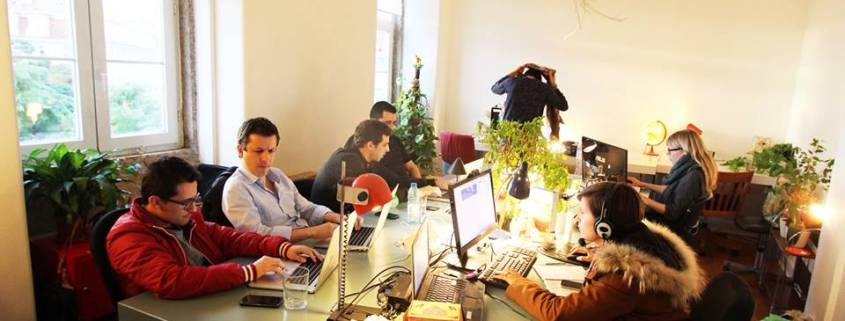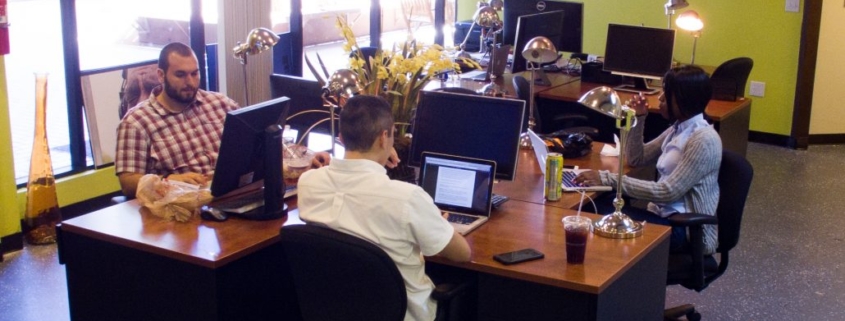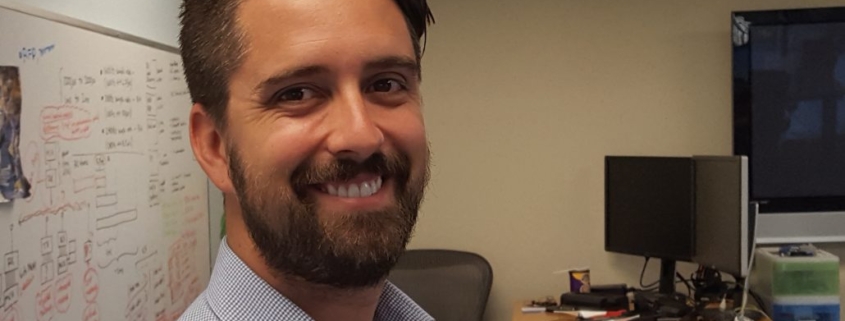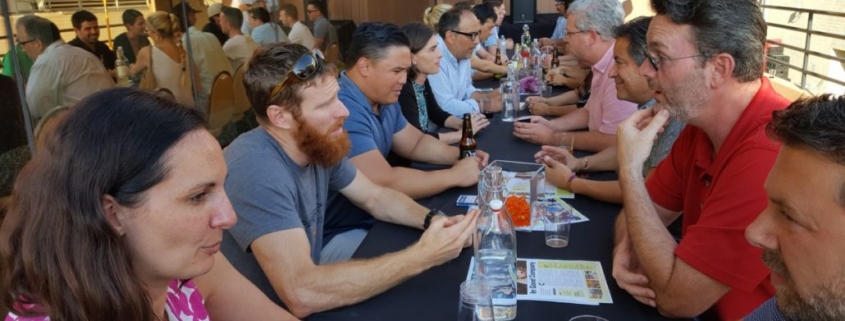DRONE AVIATOR ASSOCIATION
Launched early this year, the Drone Aviator Association (DAA) is a membership portal, the industry’s first drone-only trade organization that advocates for drone users. More than six million drone users are expected by 2017, continuing a 30% year-to-year growth rate. Benefits of DAA membership ($50/year) include FAA registration, access to certification courses, and insurance products to limit the inherent risks of flying a drone.
Founded: 2016
CEO: Egbert Oostburg
Product/Service: Drone user trade organization
Website: www.droneaviator.co
Location: 1185 First Street, Suite #103, San Diego, CA 92101
Quotable: “This industry is evolving and accelerating at an astounding rate. With the advancements in drone technology over the next 12 months, we won’t even recognize where we are today. It’s going to be a fun ride.” – Egbert Oostburg
Notable trend: Apple has partnered with China-based DJI, the world’s leading drone manufacturer, to challenge GoPro’s supremacy in action photo/video capture. Priced at $1,400, the Phantom 4 drone features autopilot, auto-follow and object-avoidance capabilities. Phantom 4 will reportedly integrate closely with Apple’s iOS ecosystem, allowing users to view and even control their drone via an iPhone or iPad.
Contact info:
- [email protected]
- 858-365-3430
______________
DRONE AVIATOR ASSOCIATION is located within NEST at X-Hive, the newly-opened CoWork space at 1855 First Street, Suite 201, San Diego, CA 92103.
To inquire about available space, contact Darin Andersen:
- [email protected]
- 619-341-4036

